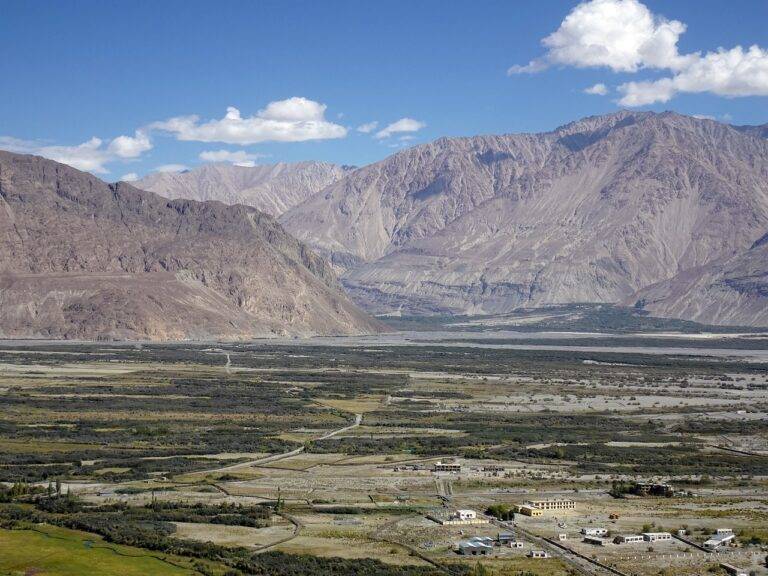The Role of Environmental Conservation Initiatives in Shaping Election Campaigns
Environmental conservation initiatives are increasingly shaping the political landscape, with candidates recognizing the importance of addressing environmental challenges to gain voter support. As climate change and biodiversity loss continue to be pressing issues, political leaders are under growing pressure to demonstrate their commitment to sustainability and conservation efforts.
Incorporating environmental conservation into their platforms allows candidates to connect with a diverse range of voters who prioritize environmental issues. From renewable energy policies to protection of natural habitats, political figures are highlighting their stance on conservation as a crucial component of their agenda, aiming to attract a wider base of supporters who value sustainable practices and environmental protection.
The Influence of Environmental Policies on Voter Decision-making
Environmental policies have become a significant factor shaping voter decision-making in recent years. As climate change and environmental issues continue to gain attention globally, voters are increasingly considering candidates’ stances on conservation initiatives when casting their ballots. It is no longer solely about traditional campaign promises, but also about how well candidates align with the public’s growing concerns about the environment.
Candidates who demonstrate a strong commitment to environmental conservation often resonate more with voters who prioritize sustainability and long-term well-being. Recognizing the shifting landscape of voter priorities, politicians are now integrating environmental policies into their campaign strategies to appeal to a broader audience. As a result, the influence of these policies on voter decision-making is becoming a defining factor in modern political campaigns.
How Candidates’ Stances on Conservation Impact Campaign Strategies
Candidates aspiring for political positions often find themselves navigating the intricate landscape of campaign strategies. In today’s evolving socio-political climate, the stance on conservation held by these candidates serves as a pivotal determinant that can shape the trajectory of their campaigns. The way in which political contenders address environmental concerns can deeply resonate with voters and significantly influence their perception of the candidate’s credibility and competence.
A candidate’s stance on conservation not only showcases their commitment to ecological sustainability but also underscores their ability to address pressing issues that impact communities at large. From advocating for renewable energy solutions to promoting wildlife protection measures, the candidate’s stance on conservation can serve as a powerful rallying point that garners support and fosters a connection with environmentally-conscious voters. As campaign strategies are meticulously crafted to appeal to diverse demographics, integrating a strong conservation stance can enhance a candidate’s appeal and resonate with voters seeking leadership that prioritizes environmental stewardship.





